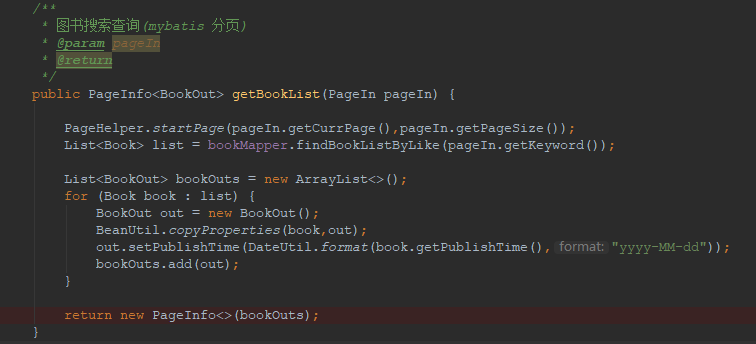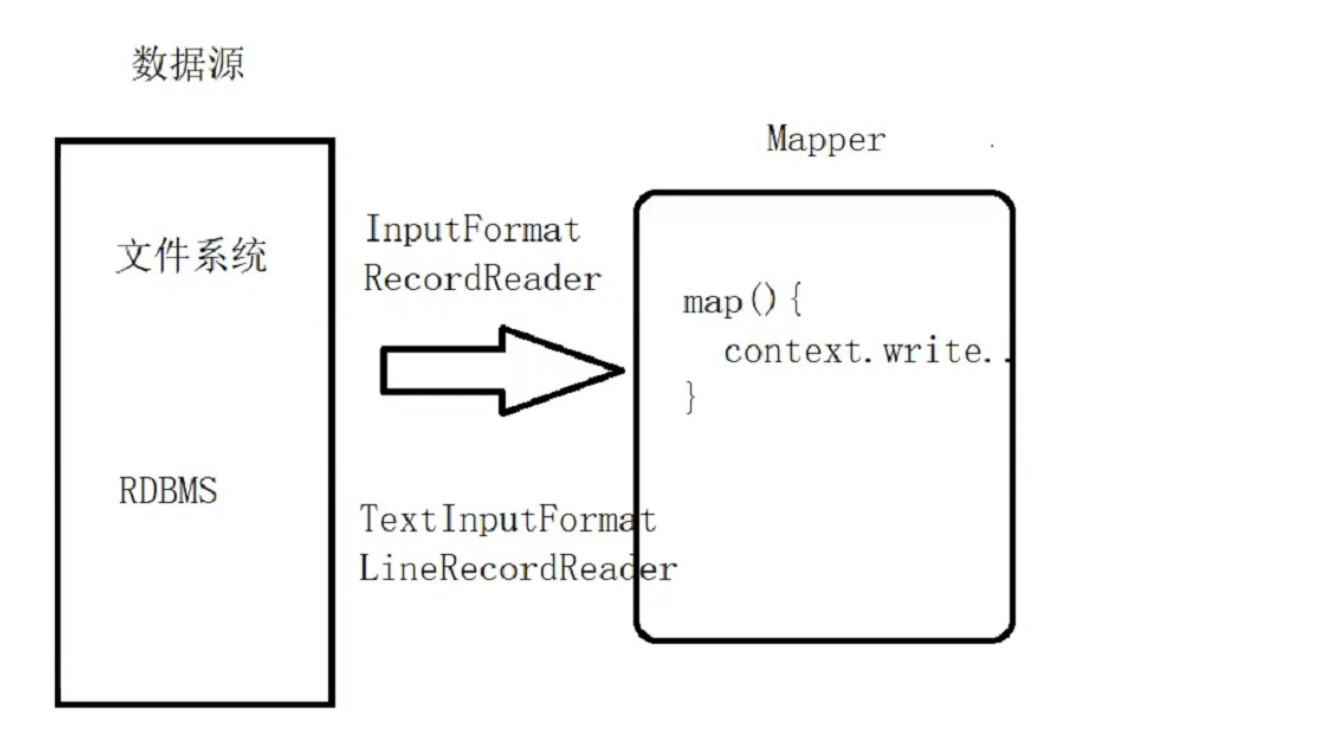Java异常处理:finally块的问题与案例分析
在Java编程中,异常处理是一个重要且实用的概念。finally块主要用来确保一些操作始终会被执行,无论发生什么异常。
问题案例:
- 网络连接的异常:
try {URL url = new URL("http://nonexistent.example.com");// 读取网络内容} catch (URLException e) {System.out.println("Error: " + e.getMessage());} catch (IOException i) {System.out.println("Error: " + i.getMessage());} finally {// 这里总是被执行,不论是否发生异常System.out.println("This is always executed.");}
- 文件操作的异常:
File file = new File("nonexistent.txt");try {// 读写文件内容} catch (FileNotFoundException f) {System.out.println("Error: " + f.getMessage());} finally {// 关闭文件,总是执行if (!file.exists()) {System.out.println("File no longer exists.");}file.close();System.out.println("Closing file always executed.");}
总结:
finally块的主要作用是保证某些操作始终会被执行,不论程序是否因异常而中断。这对于资源的正确释放、日志记录等场景尤其重要。



































还没有评论,来说两句吧...